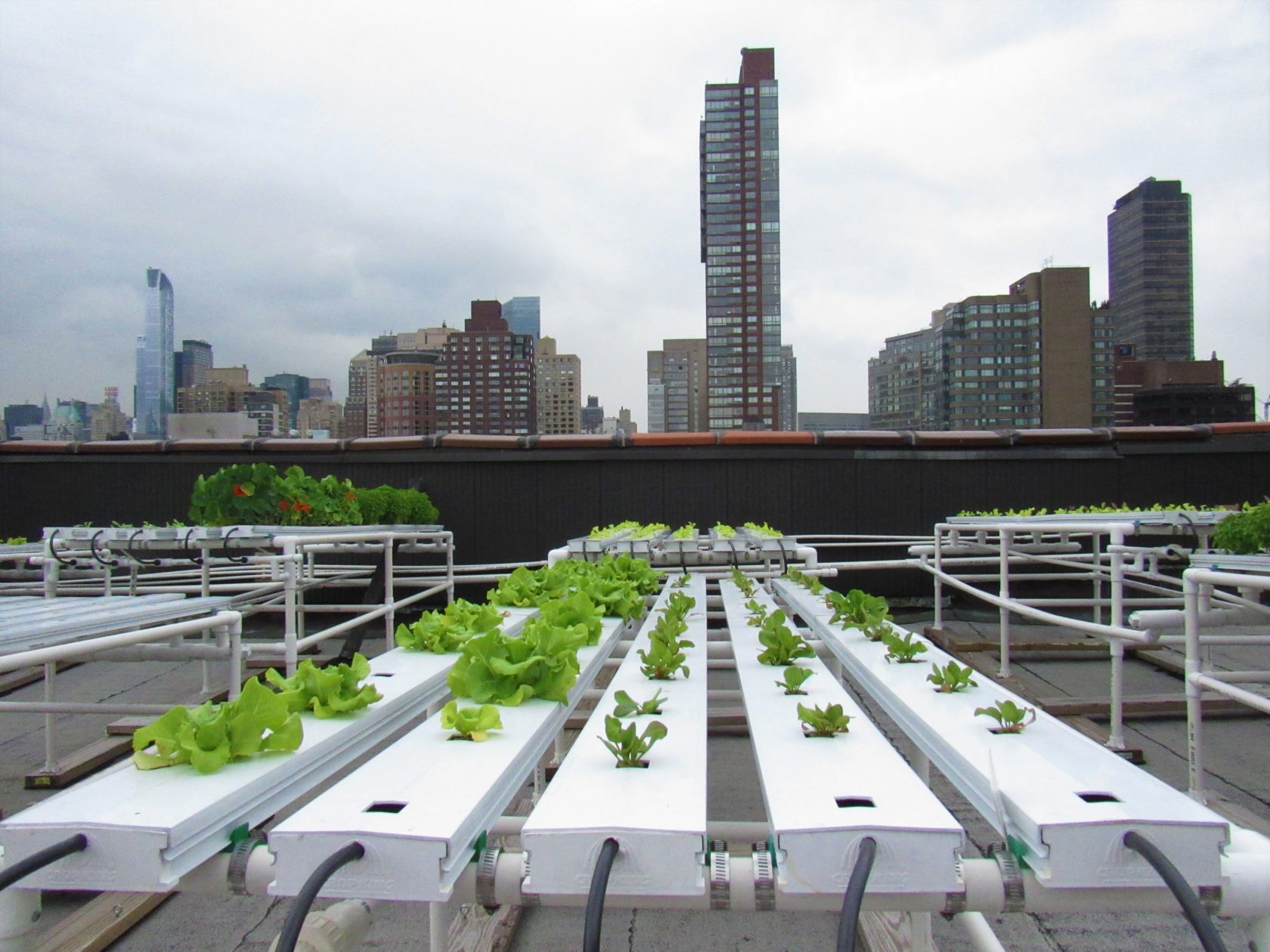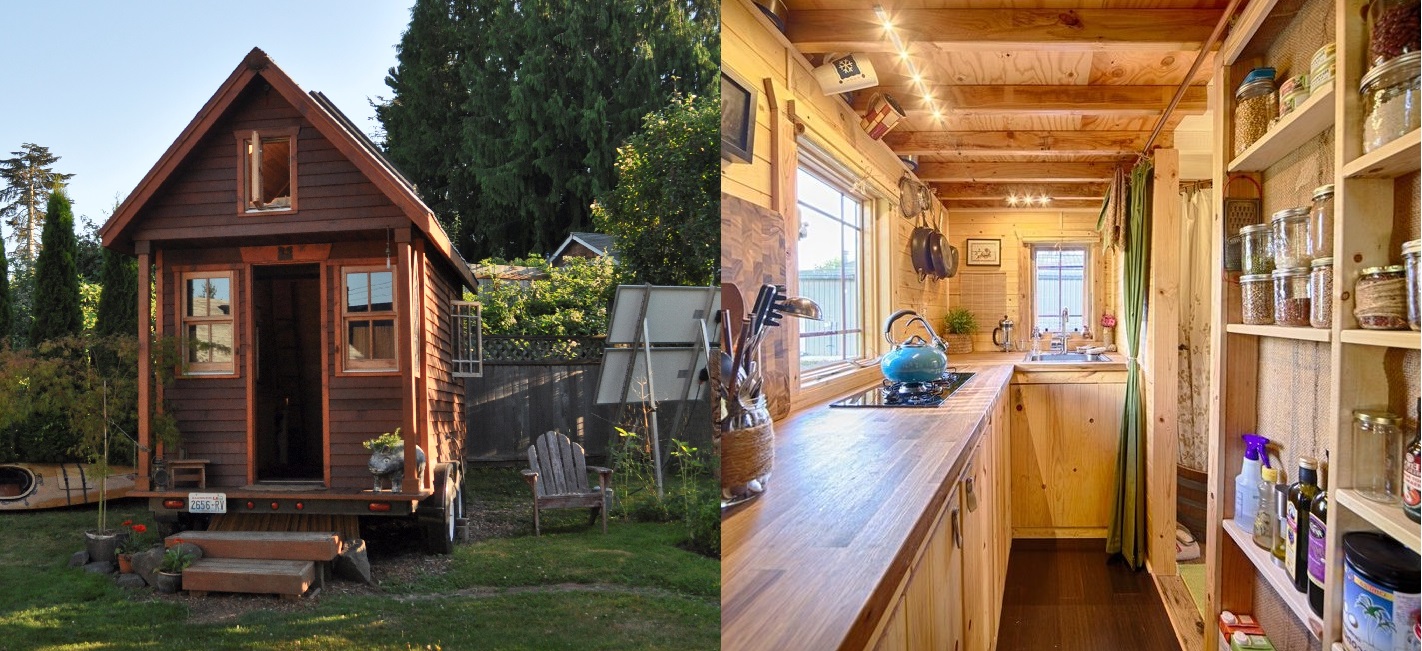
A Boswyck Farms NFT installation on a gray NYC day.
Boswyck Farms is a small Queens-based hydroponics design firm that provides STEM education through hydroponics technology–two fundamental skill sets that the world needs now more than ever before. Newer generations need to learn how to grow food sustainably, and they need to understand science, engineering, technology, and mathematics (STEM). As our population continues to grow, resource inequality continues to widen, and many of our “traditional” farming methods are poisoning the earth and its animal and human inhabitants. Meanwhile, exponentially-growing tech advances are demanding STEM-educated youth to fill an expanding job market. Boswyck seeks to fill both of these needs simultaneously.
The Need
As the global landscape becomes more socially integrated, knowledge intensive, and innovation based, more people will need to provide STEM solutions internationally. Yet the United States still lags behind most of Europe and Asia in math and science. Teaching children fun and relevant STEM applications from a young age stokes interests and nurtures skills that could benefit the world.
Implemented efficiently, hydroponic farming could transform urban food access and ease future world hunger.
Hydroponic food can be grown where soil farming fails, uses far less water than traditional soil farming and can be grown much more compactly, generating higher yields with fewer resources. Hydroponics can and should be implemented in urban areas and food deserts with limited access to fresh produce, and will be a valuable tool come 2050 with a 9.6 billion population. Hydroponics is pretty simple, but the technology is currently unfamiliar to most people. Exposure breeds comfort best, which will encourage a younger generation to pursue and develop hydroponic farming.
Boswyck Farms
Boswyck is constantly redesigning hydroponic systems to meet different spacial, yield, or crop requirements. Every construction venture is a fresh field for innovation and creativity. At harvest time, crops are weighed and analyzed. Which systems yielded the biggest crops? The tastiest? Which inputs should we alter for a more efficient output, and by how much? What’s the greatest amount of crop sites that can be housed in this amount of space? Every solution requires a reimagining of preconceptions.
There are lots of STEM education companies in New York City, and a growing number of hydroponic firms. But the approach Boswyck Farms takes is unique in that it works towards meeting local and global needs in a way that is simple, fun, and accessible. Boswyck provides a space where kids learn broad yet crucial and under-taught skills and habits that will benefit them and the world.
Boswyck Farms, like Terreform ONE, is one of the companies that points towards the future: creative, artistic STEM-oriented problem solving and innovation with global and local applicability from a multidisciplinary approach. Our integrated, connected, tech-oriented world economy and social landscape will demand it.



